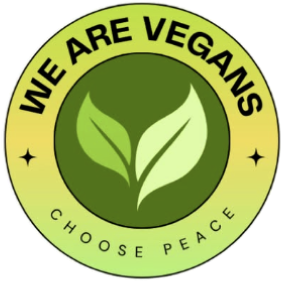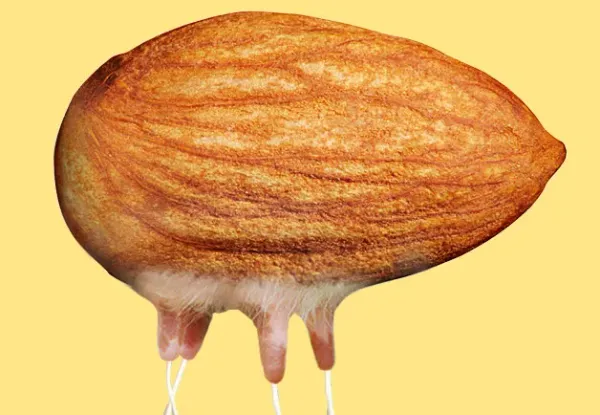Don't Try These Vapes if You're a Vegan
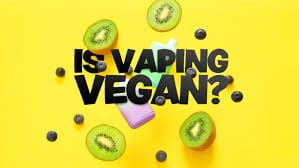
Vaping has a reputation as the "clean" alternative to smoking, but clean doesn't necessarily equal cruelty-free. Though you might try to steer clear of animal products on your plate, the chemicals inside your vape pen might be less subtle—and less vegan-friendly—than you realize.
Yes, you heard that correctly: not all vapes are vegan. From animal-derived ingredients to questionable testing procedures, there are secret pitfalls in the world of vaping that all plant-based consumers need to be aware of. If oat milk lattes and glowing skin smoothies are part of your vegan diet, here's why you might need to double-check what goes into your vape.
Why Some Vapes Aren't Vegan

At first glance, vaping would seem easy: only vegetable glycerin (VG), propylene glycol (PG), nicotine, and flavorings. But the fine print gets ugly when you look deeper.
Non-vegan traps insert themselves here:

Animal-Derived Ingredients
Gelatin: Occasionally added to capsule-form disposable vape pods or to flavor encapsulation.

Beeswax or Honey Extracts: Some "honey" or "creamy" vape flavorings may include actual bee products.
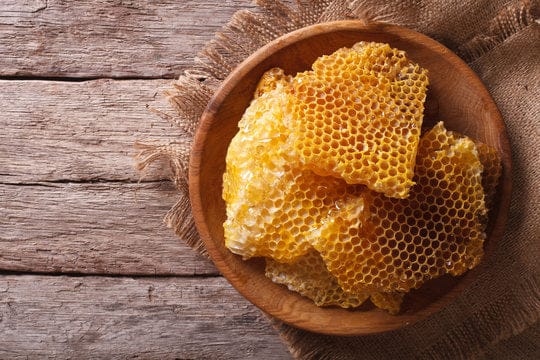
Carmine: A red dye obtained from ground cochineal beetles (yes, beetles) that occasionally finds its way into red or pink e-liquids.
Milk Derivatives: Cream or dessert-style flavors might utilize dairy-derived additives to impart richness.
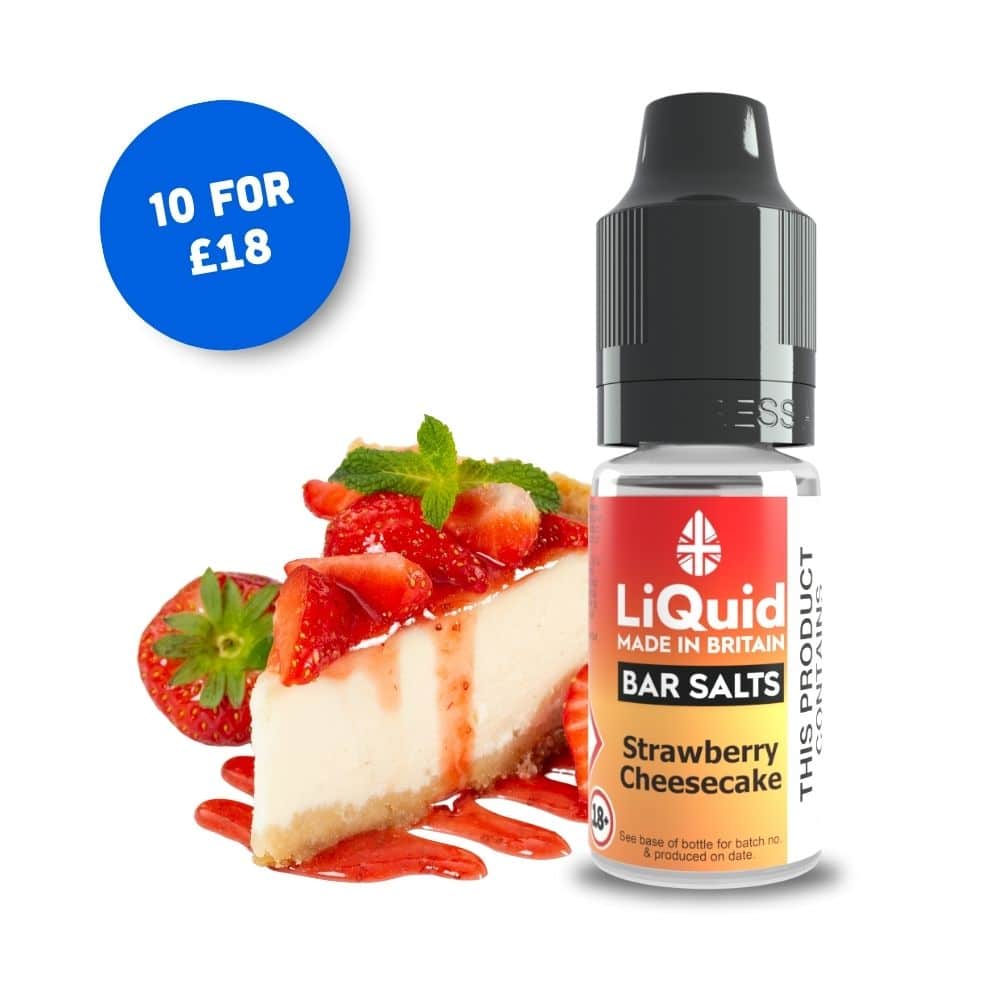
Non-Vegan Testing Practices
Numerous e-liquid brands do not indicate whether their flavors were tested on animals. Rodent or rabbit laboratory testing to assess inhalation safety is not uncommon.
Ambiguous Labeling
Descriptive words such as "natural flavor" are ambiguous. "Natural" may imply plant-based—or it may imply animal-based, and you have no idea unless they tell you.
Certain Vape Types Vegans Should Be Aware Of
- "Honey" or "Milkshake" Flavors
In case it smells like honey, cream, or milk, look closely. Some brands employ genuine bee byproducts or milk-based flavoring agents instead of plant-based ones.
- Colorful Fluids
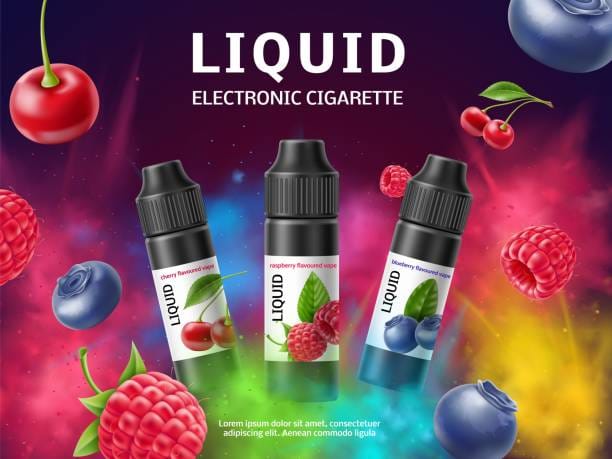
That vibrant red, pink, or purple juice? It might have carmine, a colorant derived from insects. Although it's uncommon in mass-market brands, smaller niche brands occasionally use it.
- Capsule or Pod-Style Vapes
Some pods or cartridges are produced with gelatin in the casing or sealing procedure. Although it's less prevalent now, old products and some international brands continue to utilize animal-derived gel materials.
- CBD and "Wellness" Vapes
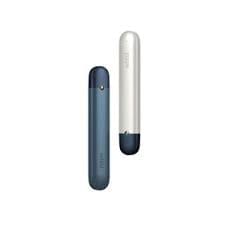
Ironically, many wellness-branded CBD vapes can contain honey extract, collagen infusions (yes, animal collagen in a vape), or dairy-based terpenes marketed as “creamy clouds.”
How to Spot Vegan-Unfriendly Vapes

Being a vegan means you’re already used to scanning labels. With vapes, the detective work is a little trickier, but here’s what to look out for:
Ingredient List: If it says “honey flavor,” “milk derivatives,” or “carmine,” it’s a red flag.
Ask the Brand: Vegan-friendly brands will proudly claim so. If they cannot assure, don't bet.
Look for Certifications: Some vape brands have begun explicitly marking their juices as "vegan" or "cruelty-free." These are the best bets.
Check the Colorants: Synthetic dyes such as Red 40 or Blue 1 are vegan-friendly, but carmine (most often marked as E120) is not.
The Bigger Picture: Health Meets Ethics
There's a deeper layer to this discussion: even if your vape is technically vegan, is it in keeping with your health and wellness values? A lot of plant-based proponents go vegan not only for animals, but for longevity and energy. Nicotine, chemical additives, and artificial flavorings in vapes aren't exactly conducive to that vision.
This isn't shaming anybody—veganism is cutting harm where you can. But consider this: if your life is about compassion and health, is the vape pen in your pocket sending the wrong message?
Safer Alternatives for Vegan Vapers
If you vape and wish to remain committed to your principles, this is how to do it responsibly:
Select Transparent Brands: Opt for manufacturers who openly brand themselves as vegan and cruelty-free.
Go Flavor-Simple: Opt for simple flavors such as menthol, mint, or fruit flavors with ingredients being simpler to check.
Try Out Herbal Vaping: A few companies provide vaporizers for raw dried herbs such as chamomile, lavender, or green tea—plant-based and open.
Think of CBD Oils: Most plant-based CBD businesses now provide vape oils with complete openness and vegan branding.
Why This Matters
Others may insist, "It's just a vape—what's the big deal?" But for vegans, there is a big deal: consistency. Veganism is not perfection; it's a matter of intention. Every single decision, from what we consume to what we put on our bodies (and yes, even what we vape), is a choice for a less harmful world.
Having knowledge of the animal by-products hidden in vapes is not merely a matter of steering clear of beetle-based dyes or milk proteins—it's about remaining vigilant. And awareness is the true shine of a vegan life.
Final Thoughts
All vapes are not equal, and for vegans, the narrative doesn't end at "no meat, no milk." Hidden animal components, testing procedures, and vague flavorings result in some vapes simply not being vegan-friendly.
So the next time you grab for a vape, remember: your values don't have to go up in smoke. Read ingredient labels, ask questions, and support companies that are open about what they do. Because nothing depletes your vegan glow quicker than discovering your "berry blast" flavor was achieved at the expense of crushed beetles.
Stay plant-powered, stay glowing, and perhaps—just perhaps—leave the smoke to the BBQ grill veggies instead.
